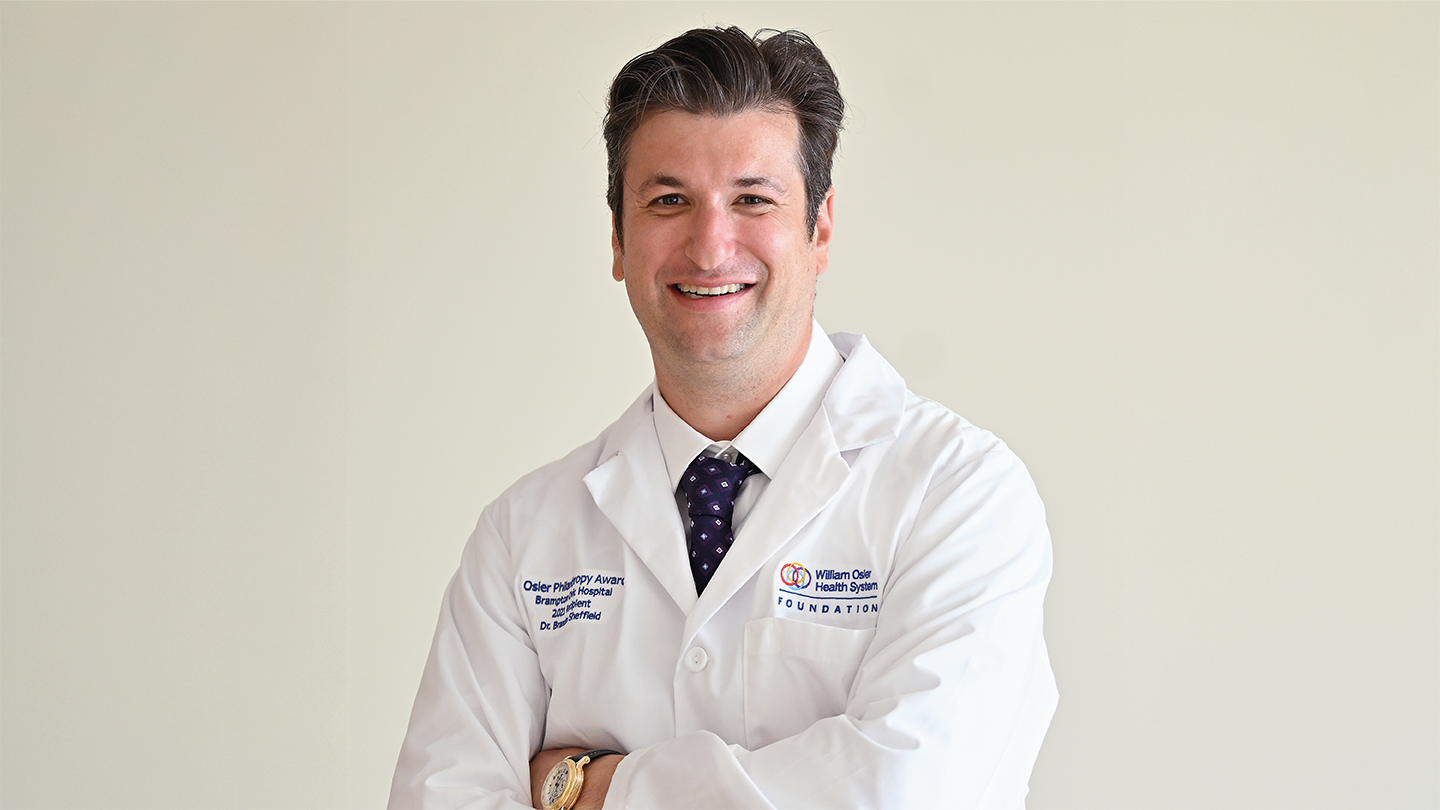
With lung cancer continuing to be the leading cause of cancer mortality in Canada and many other countries, and precision medicine taking over every stage of treatment, the stakes for timely and accurate molecular diagnostics are more important than ever.
A new study – conducted through the Canadian Pathology Quality Assurance – Assurance qualité canadienne en pathologie (CPQA-AQCP) End-to-End Quality Assurance (EQA) program – identifies critical differences in diagnostic turnaround times and testing quality.
We connected with Brandon Sheffield, Molecular Pathologist in the Division of Advanced Diagnostics at the William Osler Health System (Osler) and lead of the EQA program of the CPQA-AQCP, to find out what the study revealed, and its implications for biomarker testing quality.
What inspired this study?
Lung cancer is the number one leading cause of cancer-related mortality in Canada. Most patients seek care when they already have metastatic disease (stage IV), are very sick, and at risk of death. Frustratingly, many oncologists in Canada are unable to offer state-of-the-art treatments because they don’t receive biomarker test results in a timely manner – an issue that remains largely unrecognized by most laboratories.
Quality is a cornerstone of laboratory practice. Biomarker testing for lung cancer and other solid tumors is commonly performed using next-generation sequencing (NGS) or immunohistochemistry (IHC). While external quality assurance programs generally only assess the accuracy of results, they have rarely evaluated turnaround time, which is a critical factor in timely patient care, especially for lung cancer.
We set out to develop a biomarker quality assurance program that was more suited to the current landscape of precision medicine, one that incorporates turnaround time and integrates medical oncologists' decision-making as a key component of the process.
Who was involved?
The study was put together by the Canadian Pathology Quality Assurance (CPQA), which has been providing external quality assurance for IHC testing in Canada for decades.
All Canadian lung cancer testing laboratories were invited to participate, and 13 opted in to the exercise.
What did the findings reveal?
Laboratories, for the most part, were able to provide accurate biomarker results. But even though many labs arrived at the same result, the turnaround time ranged anywhere from 5 to 57 days. Surprisingly, only two labs were able to report results within two weeks of receiving the test samples and meet national and international guidelines. Three labs had turnaround times exceeding a month, which was considered unacceptable.
Even though many labs provided the correct test results, the long delay in providing those results led oncologists to make suboptimal treatment decisions for the fictional patients in the exercise.
Essentially, the study found that many lung cancer patients in Canada might receive suboptimal treatment due to delays in receiving their biomarker test results.
What implications could this research have on biomarker testing quality?
Three labs within the study were found to have an “optimal” performance. Interestingly, these labs all utilized different methodologies to achieve their biomarker results. What each of these labs had in common was the use of integrated reports – or a single biomarker report for both NGS and IHC, signed by a single pathologist.
This feature was felt to be indicative of a simpler and more straightforward workflow that facilitated fast and efficient results. This also highlights the need for molecular pathologists to be involved and work with multiple modalities.
This study highlights significant disparities in lung cancer testing and treatment and highlights the need for ongoing EQA participation by laboratories. The CPQA has now conducted three of these exercises and observed that laboratories participating consistently tend to improve their turnaround times.




